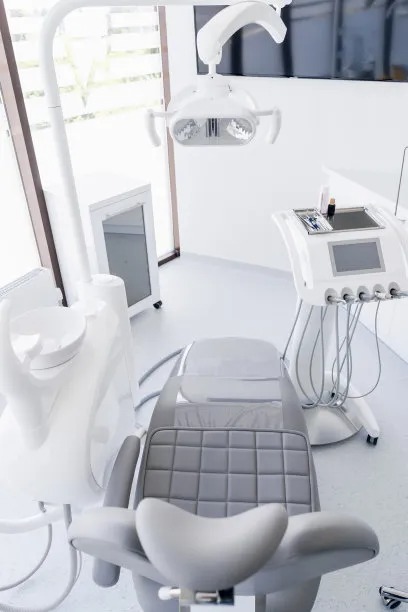Essential Considerations and Precautions for a Successful Dental Implant Procedure and Recovery
Summary: Dental implants represent a remarkable advancement in restorative dentistry, offering individuals a practical solution for missing teeth. However, the success of this procedure hinges on several essential considerations and precautions, both before and after the surgery. This article elaborates on four critical aspects, including pre-surgical assessment, selecting a skilled dental professional, post-operative care, and long-term maintenance of the implants. By understanding and implementing these elements, patients can significantly increase the likelihood of a successful outcome and a smooth recovery process.
1. Comprehensive Pre-Surgical Assessment

Before undergoing a dental implant procedure, a thorough pre-surgical assessment is essential. This evaluation typically includes a complete dental examination, medical history review, and imaging tests such as X-rays or 3D scans. These assessments help in determining the quality and quantity of the jawbone, which are crucial for implant placement. Factors such as bone density, gum health, and overall oral hygiene play significant roles in the success of the implants.
Additionally, potential patients should be candid with their dental practitioners about any existing medical conditions, medications, or lifestyle habits that could affect the procedure. Conditions like diabetes, smoking, or osteoporosis can impact recovery and overall success. Understanding these factors allows the dentist to customize the treatment plan, thereby mitigating risks.
Involving specialists, such as oral surgeons or periodontists, may also be necessary based on the individuals specific needs. A collaborative approach ensures that all potential complications are accounted for, offering the best chance at a successful outcome.
2. Choosing a Qualified Dental Professional
Selecting the right dental professional is crucial for the success of a dental implant procedure. Patients should seek out experienced dentists with specific training in implantology. Credentials, continuing education, and patient feedback are all factors that can help in making a wise decision. A qualified professional is crucial not only for performing the surgery but also for managing any complications that may arise during the process.
It is also important to discuss the dentists approach to sedation and anesthesia, as these aspects can significantly affect comfort levels during the procedure. Patients should feel assured and informed about the techniques that will be used, contributing to a less stressful experience.
Moreover, establishing a good rapport with the dentist can enhance the overall experience, as open communication fosters mutual trust. Patients should feel comfortable asking questions and expressing concerns to ensure they fully understand the process, which contributes to a more positive outcome.
3. Commitment to Post-Operative Care
Post-operative care is vital for ensuring a successful recovery after a dental implant procedure. Following the surgery, patients should closely adhere to the aftercare instructions provided by their dental professional. This includes maintaining oral hygiene, managing any prescribed medications, and implementing dietary restrictions as recommended.
It is also critical to monitor any signs of infection or complications, such as unusual swelling, bleeding, or pain. Promptly reporting these symptoms to the dentist can prevent more severe issues from developing. Regular follow-up appointments are necessary to assess the healing process and the integration of the implant into the jawbone.
Additionally, using cold compresses can aid in reducing swelling and discomfort in the initial days of recovery. Patience and care during this phase are essential to allow the implants to properly integrate and ensure long-term success.
4. Long-Term Maintenance of Dental Implants
Long-term maintenance of dental implants contributes greatly to their longevity and effectiveness. Regular dental check-ups and cleanings are necessary to ensure the health of both the implants and surrounding gum tissue. Patients should diligently care for their dental hygiene by brushing and flossing daily, just as they would with natural teeth.
Being mindful of habits that can jeopardize the integrity of the implants, such as grinding teeth or using them to open packages, is crucial. Additionally, avoiding tobacco products and maintaining a balanced diet can support the overall health and durability of the implant.
Lastly, patients should educate themselves about the signs of potential problems with their implants. Awareness can help in early intervention, making it easier to address any issues before they escalate. A proactive approach ensures that the dental implants can serve their purpose for many years to come.
Summary:
To encapsulate, successful dental implant procedures require careful attention to pre-surgical assessment, the selection of a qualified dental professional, diligent post-operative care, and ongoing maintenance. These steps collectively enhance the likelihood of a successful procedure and a smooth recovery. Awareness and commitment to these practices will ultimately lead to long-lasting results.
This article is compiled by Vickong Dental and the content is for reference only.



